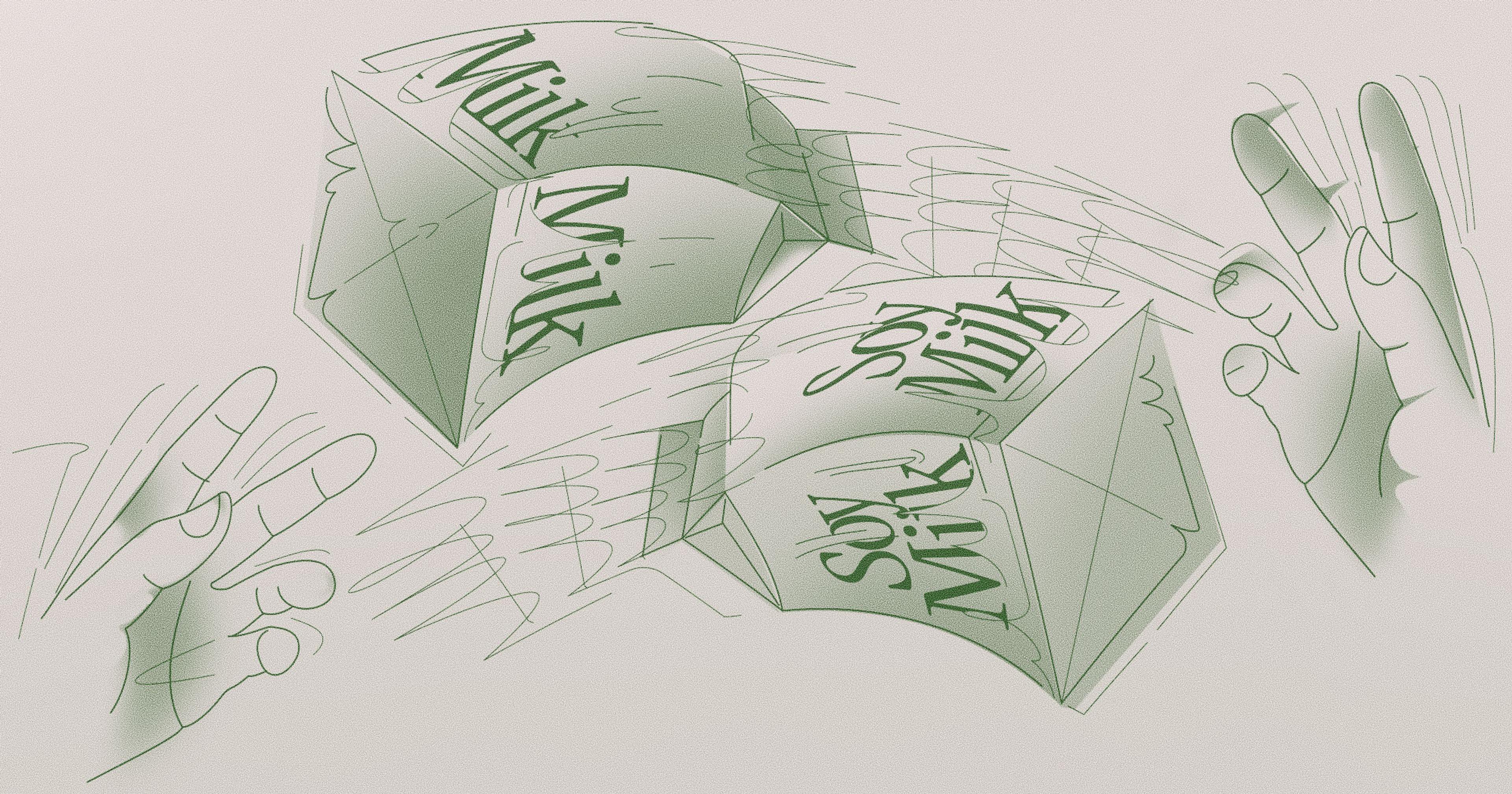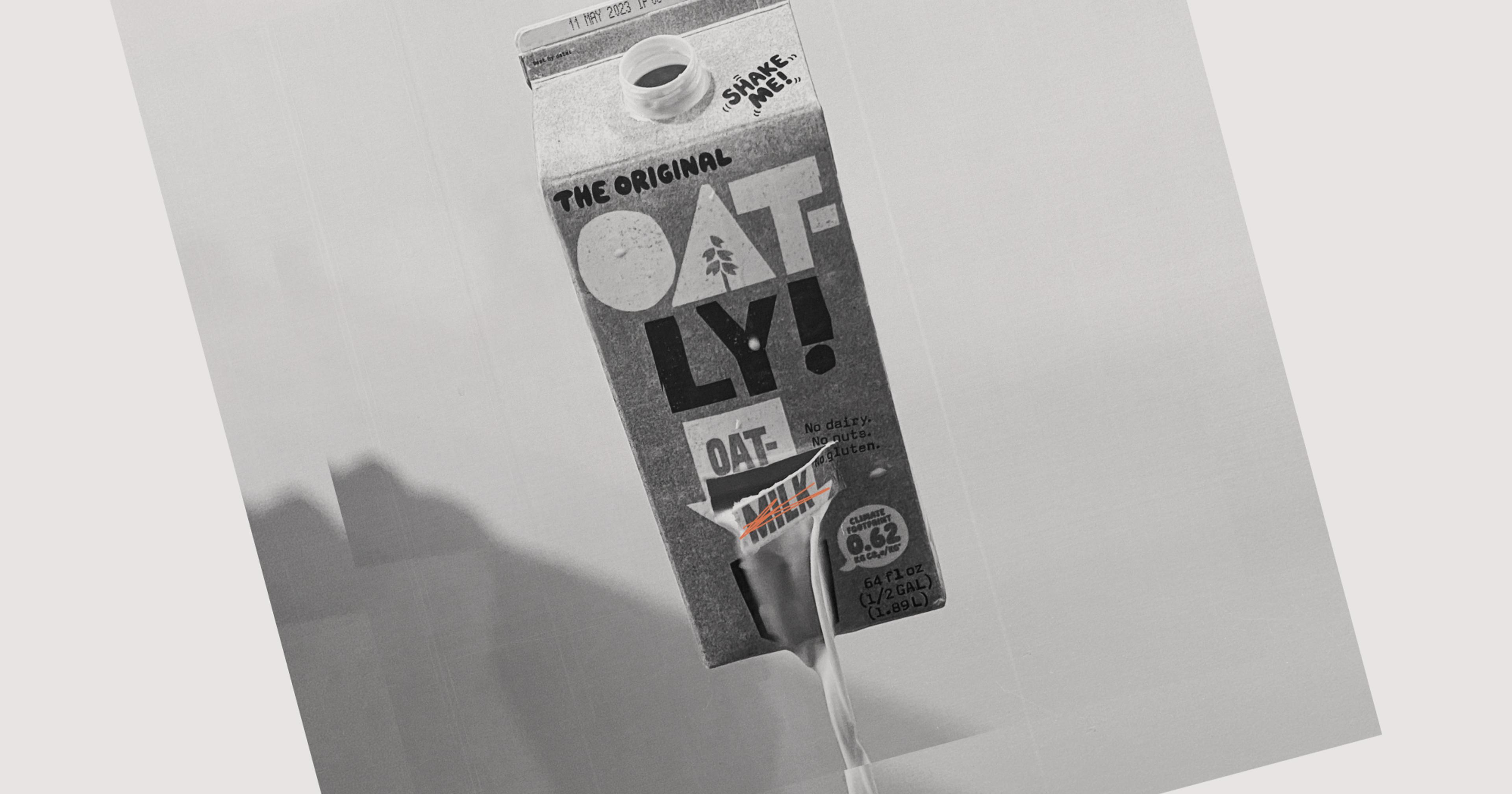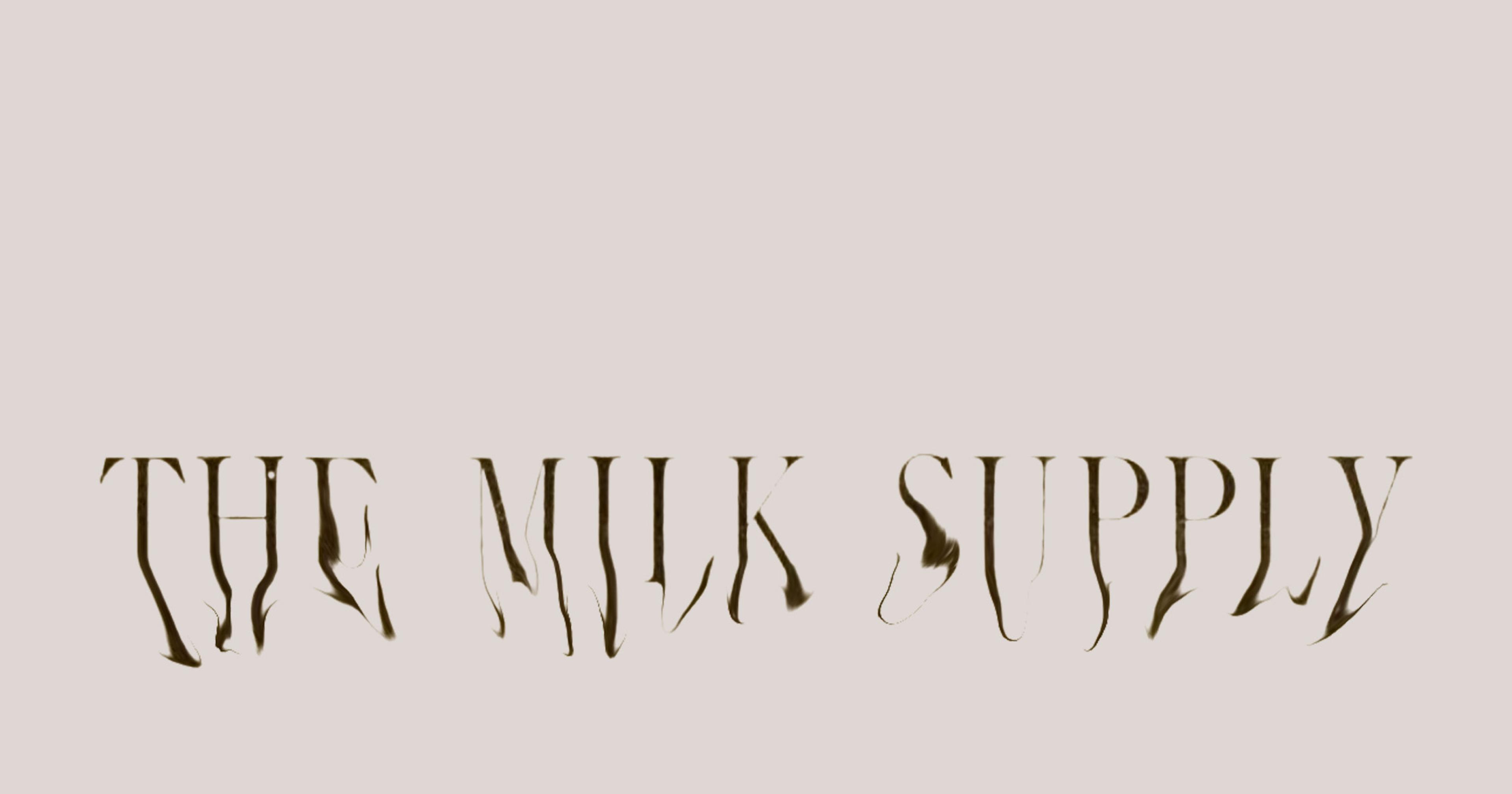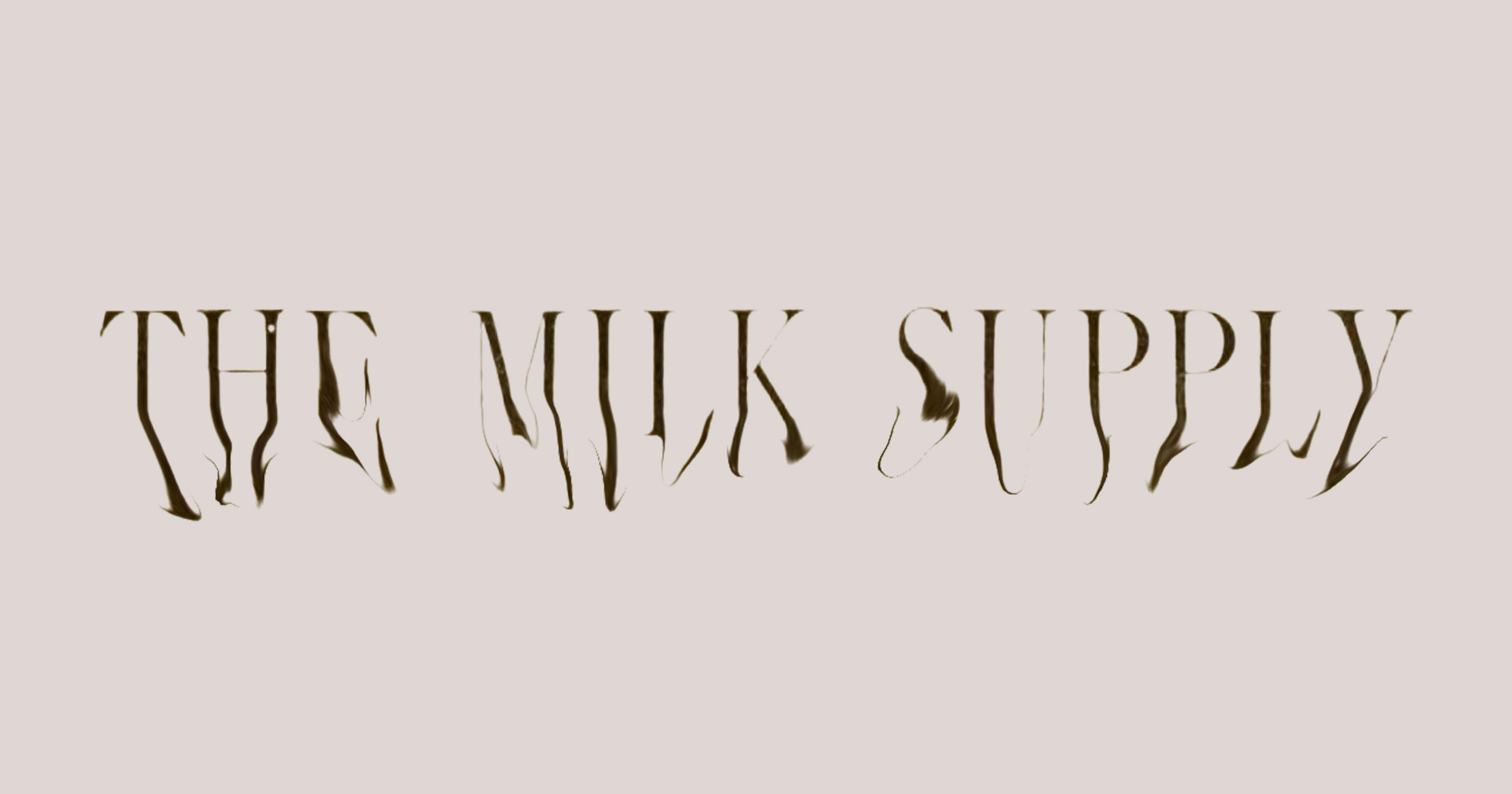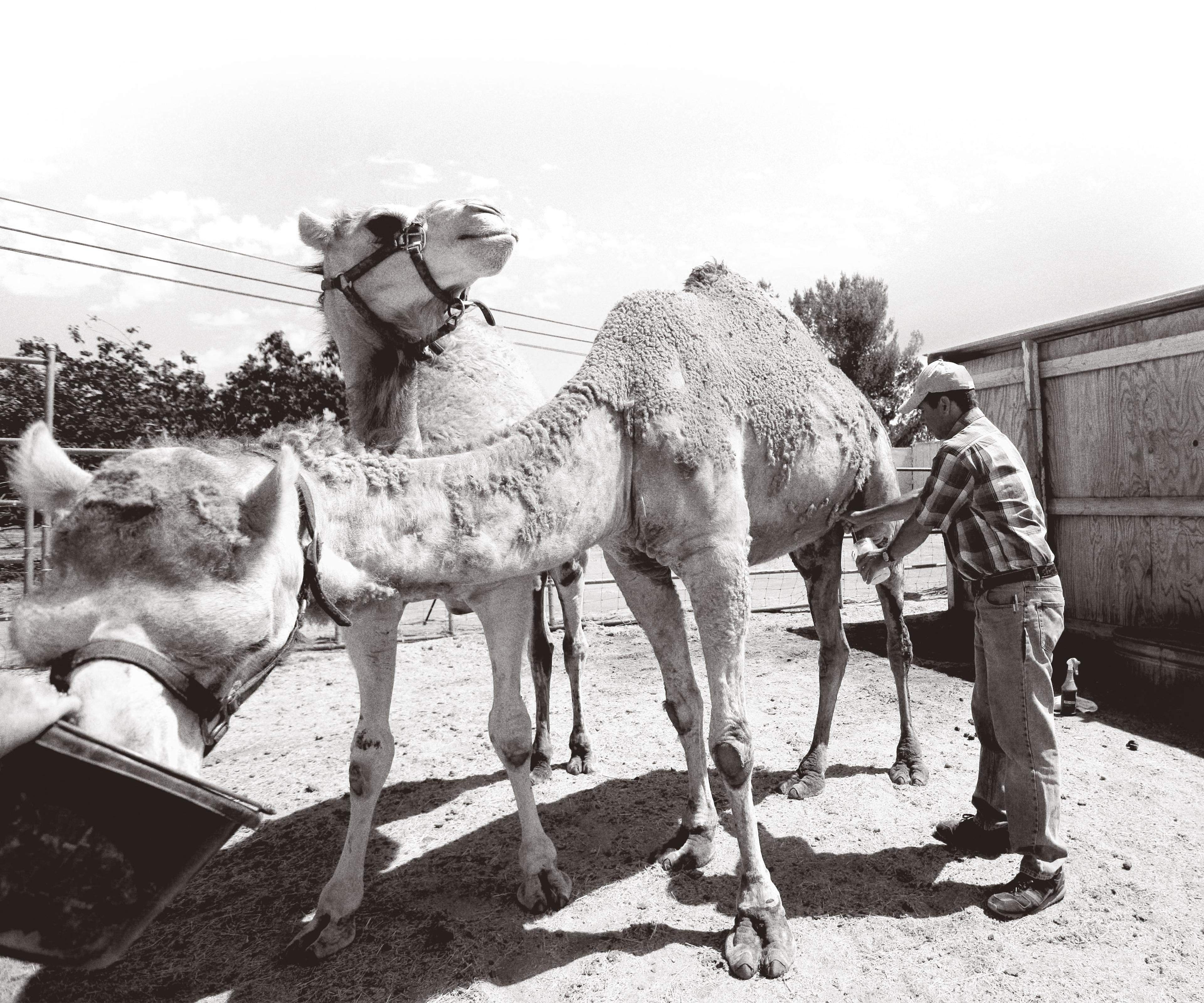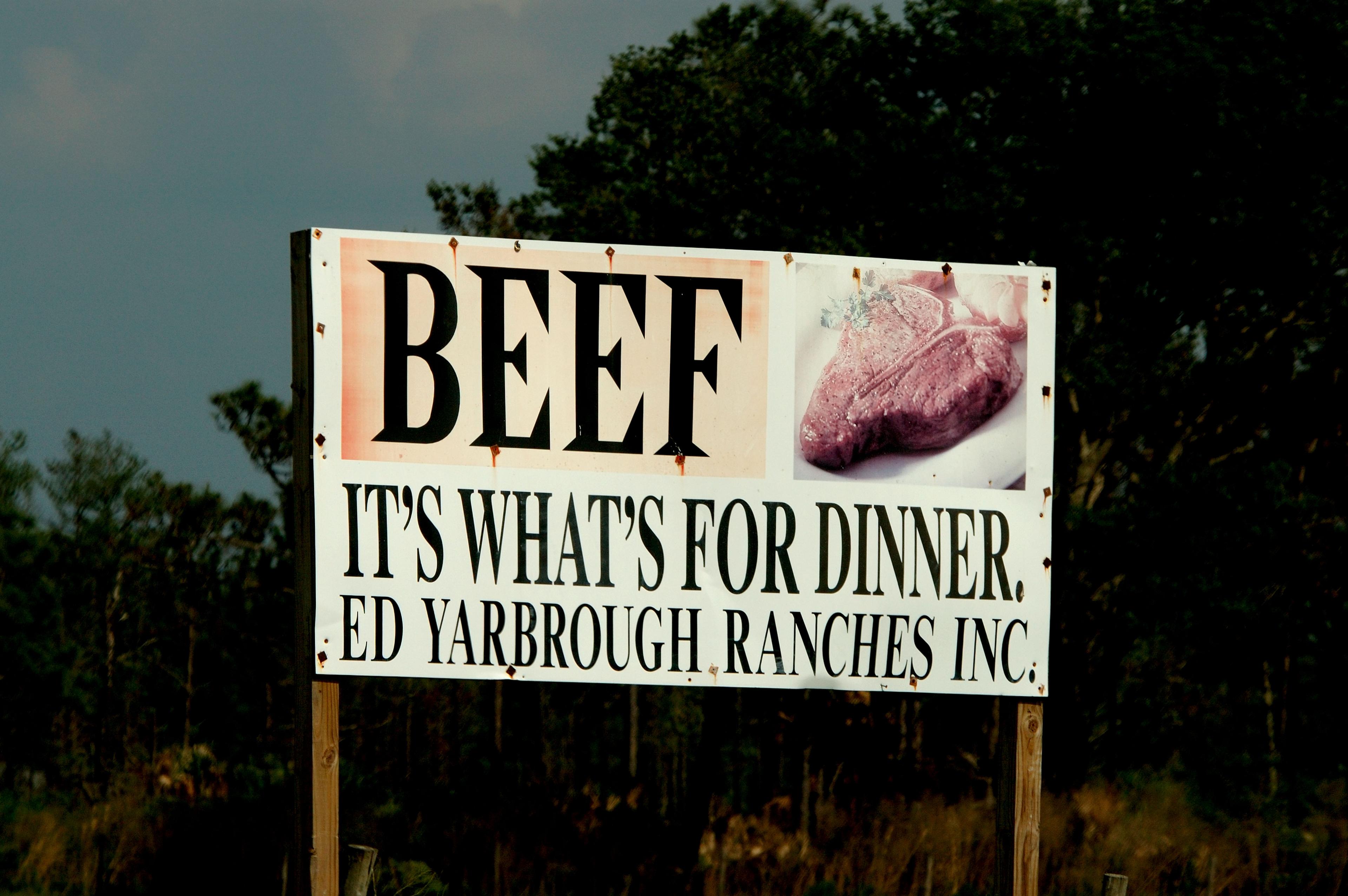When a Los Angeles-area student sued her school district, she ended up sparking a national debate over milk in school lunches and the need for more inclusive options.
A law that flew under the radar in schools for over two decades came bubbling to the surface last year, when California high school student Marielle Williamson was told she couldn’t get soy milk at lunch without a doctor’s note. Williamson argued that her issue wasn’t medical — she was taking a stand against an industry whose environmental toll she could not abide.
Williamson was also forbidden from distributing literature to her classmates about the benefits of milk alternatives unless she also gave out pro-dairy marketing material. The tussle developed into a lawsuit filed against the Los Angeles Unified School District, which ultimately conceded to Williamson’s demands and settled the suit in November.
The initial case may be over but the issue is ongoing — the U.S. Department of Agriculture (USDA), arbiter of school nutrition, continues to enforce strict national standards that mandate cow-based dairy be served at lunch, and that school districts “shall not directly or indirectly restrict the sale or marketing of fluid milk products by the school … at any time or any place.”
The law that prohibits schools and their affiliates from speaking out on this matter comes from an agreement made between U.S. public schools and the USDA in 2000. It applies to any school that participates in the national school lunch program (NSLP), which served nearly 30 million students on a typical day in the 2021-2022 school year. (Public schools are reimbursed for meal expenses through NSLP.)
“The dairy industry has actively used this law in school districts to ensure that no other beverages are promoted over milk in schools,” said Deborah Dubow Press, lead attorney on this case at Physicians Committee for Responsible Medicine (PCRM), the advocacy group that filed the lawsuit with Williamson.
Critics have long portrayed a too-cozy relationship between USDA and the dairy industry. Tom Vilsack, who leads the agency, worked in the industry between terms, and many pro-dairy lobbyists end up working there — and vice versa.
In his thesis at Central European University, public policy master’s candidate Benjamin Levi DeVore unpacked this dairy lobby/USDA revolving door, revealing direct links to dairy industry influence in shaping federal policy.
“[D]eep-seated conflicts of interest present within the USDA … have allowed the dairy industry to dominate in Washington, displayed by their advocate strength, financial superiority, and research prowess,” wrote DeVore. “Over time, this has resulted in a federal government that largely views pro-dairy regulations and legislation as the default position.”
“Deep-seated conflicts of interest present within the USDA … have allowed the dairy industry to dominate in Washington, displayed by their advocate strength, financial superiority, and research prowess.”
The counterpoint is that USDA is simply supporting a vital U.S. industry that includes tens of thousands of farms, and that has suffered major setbacks in recent years like corporate consolidation, plant-based competition, and shifting consumer tastes.
“USDA is committed to helping America’s dairy industry remain competitive, access new and better markets, and keep their family businesses in operation for the long-term,” wrote Vilsack in a press release this January. “At USDA, we are honored to work alongside America’s dairy producers as they provide necessary, nutritious dairy products to communities nationwide.”
Regardless of motive — we reached out to multiple contacts with the USDA and the Dairy Checkoff Program but did not receive a response — it’s clear that the agency is continuing its longstanding push to keep milk a central portion of the school lunch program. For instance, in 2019 the USDA published a policy drafted by the dairy industry stating that the placement of water on the school lunch line should not detract from milk. “The dairy industry saw water as a threat and offered this policy memorandum,” said Press.
It should be noted that vegan and vegetarian options are making inroads into traditionally meat-forward school lunches, with tofu, lentils, beans, and plant-based meat alternatives increasingly showing up in districts around the country. These shifts are coming in response to increased pressure from students and parents, for reasons both dietary and cultural.
But despite the success of Williamson’s lawsuit, milk alternatives have not made much headway into schools. The nutrition requirements set by USDA are not generally met by dairy alternatives; the Food and Drug Administration (FDA) makes it quite clear that plant-based milks do not contain the same levels of calcium, potassium, and other important nutrients. (Advocacy groups have argued that FDA had political motives in releasing a comparative nutritional statement between dairy and non-dairy milks.)
“Too many children who cannot safely or comfortably consume dairy are being forced to accept containers of cow’s milk on their lunch trays.“
The USDA, which reviews its nutrition standards every five years, has acknowledged that fortified soy milk has a similar nutritional profile to standard dairy, but without a doctor’s note, it’s still not available in schools. However, this could change with the passage of some proposed bipartisan legislation.
Introduced last fall, the Addressing Digestive Distress in Stomachs of Our Youth (ADD SOY) Act is positioned specifically to address the needs of lactose intolerant students, particularly students of color. According to the Boston Children’s Hospital, 80 percent of all African-Americans and Native Americans are lactose intolerant. That number is over 90 percent among Asian-Americans, with the least common demographic affected being Americans with a Northern European heritage.
“It is abundantly clear that the current milk substitute system that USDA employs is delivering detrimental impacts on BIPOC school children,” said Rep. Troy Carter (D-LA), one of the bill’s sponsors, in a press release. “Too many children who cannot safely or comfortably consume dairy are being forced to accept containers of cow’s milk on their lunch trays. My ADD SOY Act ensures the health and nutritional needs of all our nation’s students are met. America needs to embrace its diversity at the lunch counter.”
Justin Leyendekker, board member of the Dairy Council of California, argues that lactose-free cow milk is the superior option — he said removing lactose from dairy products does not impact the nutritional makeup of the product. That said, because of the extra processing required, lactose-free milk can cost up to twice as much as regular milks, and it still requires medical permission to be served on a student-by-student basis.
Meanwhile, Press continues to push her organization’s lawsuit, hoping it will be heard in federal court in the foreseeable future. “Schools can’t feed their students without funding from the USDA,” she said, arguing that the case boils down to “the problem of the USDA’s relationship with the dairy industry and their willingness to put the promotion of milk over student well-being.”


